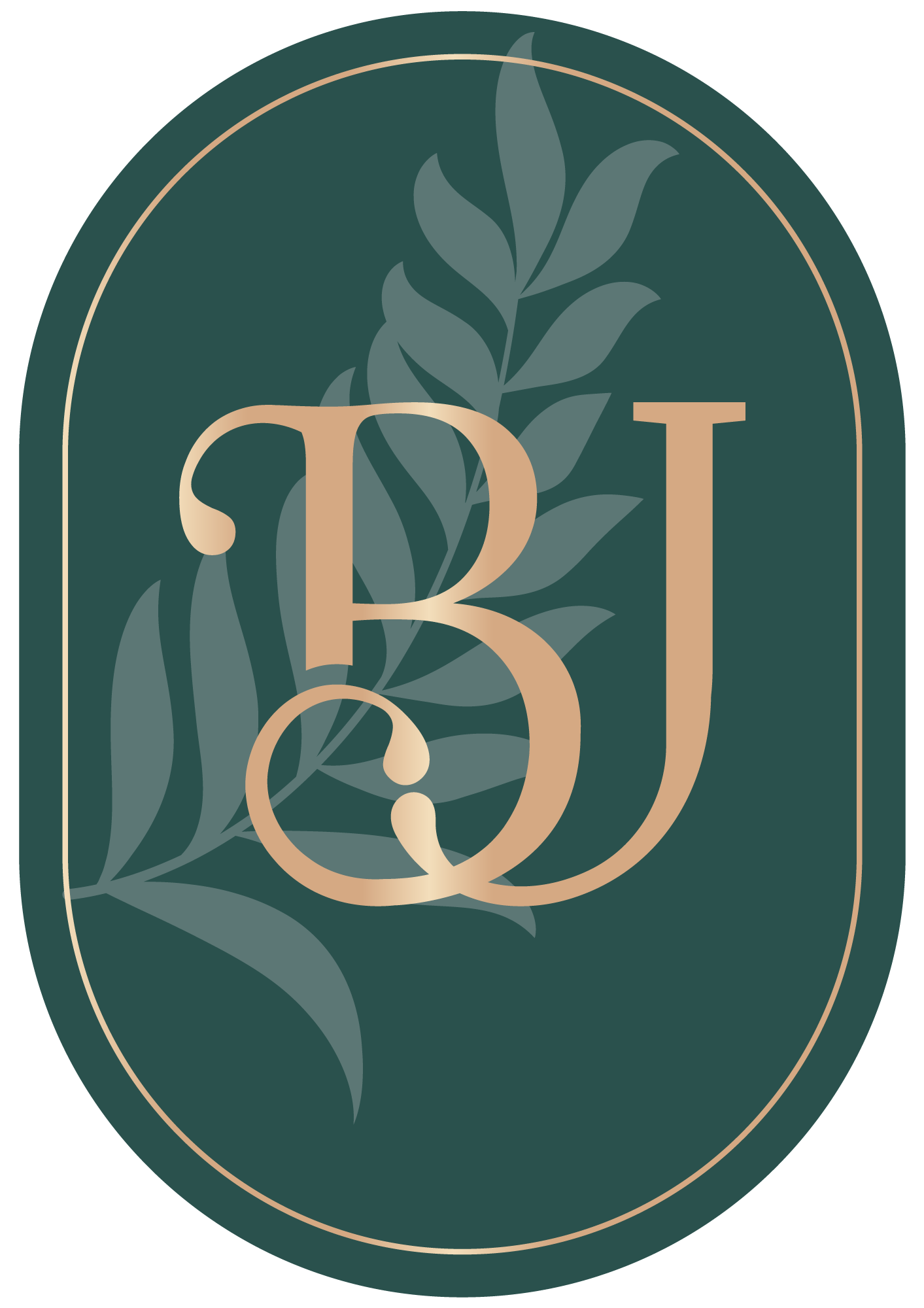Have you noticed that in today’s world, it’s become increasingly difficult to feel grounded and steady in the midst of so much change and uncertainty?
Our nervous systems are constantly absorbing stimulation, responsibility, and subtle pressure.
And the sad truth is that we are struggling because we were never taught how to develop a steady and compassionate relationship with ourselves, given the reality that life is stressful and there is always change, loss and uncertainty that arises because we are human.
What we do learn is how to function, how to achieve, how to care for others, and how to push through. Rarely are we taught how to regulate our nervous systems, listen inwardly, understand our patterns, and build the inner capacity to remain connected to ourselves when life becomes challenging.
This is where meditation becomes powerful.
Not as a trend. Not as a quick fix. Not as another item on a wellness checklist.
But as a foundational practice that strengthens our relationship with ourselves from the inside out.
My Beginning With Meditation
In 2012, I found myself sitting in my doctor’s office, exhausted in a way I couldn’t quite explain. She looked at me gently and suggested something I had never seriously considered: “You might want to try meditation.”
On the outside, my life was full. I had a long and meaningful career as a nurse, a loving family, financial stability, and a great life. I had even climbed Mount Kilimanjaro, hoping that standing at one of the highest points on earth might bring a sense of clarity. Yet even there, I felt unsettled. There was an undercurrent of restlessness and a subtle emptiness that success and achievement did not resolve.
What I did not understand at the time was that I was not searching for another accomplishment. I was longing for a deeper sense of steadiness within myself. I was longing to feel at home inside my own life.
Meditation became the doorway.
Not because it promised transcendence, but because it invited me to sit still long enough to notice what was happening within me. That simple practice began to rebuild something that had quietly eroded over time: my relationship with myself.
Why Finding the “Best” Meditation Practice Can Feel Overwhelming
If you have ever tried to explore meditation, you have likely encountered an overwhelming number of options. There are apps with thousands of guided practices, techniques designed to open chakras or increase productivity, breathwork methods, visualization exercises, and promises of rapid transformation.
With so many approaches available, it can feel difficult to know where to begin. It is easy to assume that the “best” meditation practice is the most advanced or the one that promises the most dramatic results.
But the best meditation practice is not the most exotic. It is the one that builds the foundation you actually need.
Rather than asking which technique is superior, a more helpful question is this: What kind of practice will steadily build inner capacity and help me remain connected to myself under stress?
When meditation is approached as capacity training rather than symptom relief, everything changes.
Meditation as Inner Capacity Training
Many people come to meditation because they feel anxious, overwhelmed, reactive, or quietly dissatisfied. They may sense that they are repeating the same patterns in relationships, losing their voice in important conversations, or living from old adaptations that no longer serve them.
Meditation can certainly reduce stress. Research consistently shows that even brief, daily practice improves attention, mood, and emotional regulation. But its deeper value lies in what it strengthens over time.
A regular meditation practice trains your nervous system to move out of chronic fight-or-flight and into greater balance. It strengthens your ability to focus and return your attention intentionally. It increases your tolerance for discomfort so that you do not immediately react or shut down. It creates a subtle but powerful space between stimulus and response.
In that space, choice becomes possible.
Over time, you are not simply becoming calmer. You are becoming more internally resourced. You are building the inner capacity to remain present with yourself when life feels uncertain or emotionally charged.
This is why meditation is the foundation of my 4 Keys to Inner Peace framework. The first key, self-regulation, is the doorway through which the others unfold. When the body feels safe and steady, self-love becomes more accessible. When awareness increases, self-discovery becomes possible. When clarity strengthens, self-expression naturally follows.
Meditation initiates this developmental process by strengthening the relationship you have with yourself at the most fundamental level.
The Relational Nature of Meditation
It is easy to think of meditation as something you “do.” In truth, it is something you practice being.
Each time you sit and gently return to your breath, you are practicing staying with yourself. When difficult thoughts arise, and you notice them without immediately believing them, you are practicing non-judgment. When emotions surface, and you allow them without suppression or dramatization, you are cultivating resilience.
Over time, this changes the tone of your inner world.
Instead of abandoning yourself in moments of discomfort, you remain. Instead of criticizing yourself for wandering thoughts, you gently redirect. Instead of reacting impulsively, you pause.
This is how meditation strengthens your relationship with yourself.
It cultivates a regulated nervous system, a more compassionate inner stance, awareness of unconscious patterns, and the courage to live in alignment with what is true. Rather than chasing peace externally, you begin developing it internally as a capacity.
Personalizing Your Practice
Once a steady core practice is established, meditation becomes more nuanced and personal. Emerging research confirms that practices are more sustainable when they are tailored to an individual’s nervous system and personality patterns.
This is where understanding your Enneagram personality type can be helpful. For some personalities, meditation needs to gently energize and prevent disengagement. For others, it needs to soften achievement-driven intensity and reconnect them with presence. Personalization does not replace the foundation; it refines it.
The goal is not to perform meditation correctly. It is to develop a sustainable practice that supports your growth.
Growing Whole
When you commit to a consistent, grounded meditation practice, something subtle begins to reorganize within you. Your nervous system stabilizes. Reactivity softens. Clarity increases. Boundaries strengthen. Purpose emerges more organically rather than through force.
You begin to feel more at home within yourself.
This is not about becoming someone new. It is about integrating what has been fragmented and building the inner capacity to live with calm, clarity, and self-trust.
The best meditation practice is the one that supports this long-term integration. It is not dramatic. It is steady. It is simple. And when practiced consistently, it changes the way you relate to yourself and, ultimately, to your life.
Your Next Step
If you are ready to establish a strong foundation, my Learn to Meditate private session offers structured and supportive guidance for you to establish your own core meditation practice.
When you commit to a regular practice, you are not simply learning a technique.
You are strengthening your relationship with yourself.
And that changes everything.



Leave A Comment